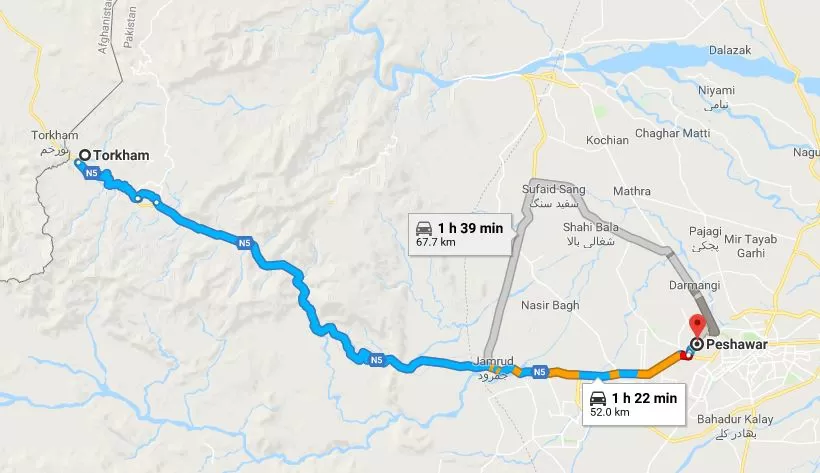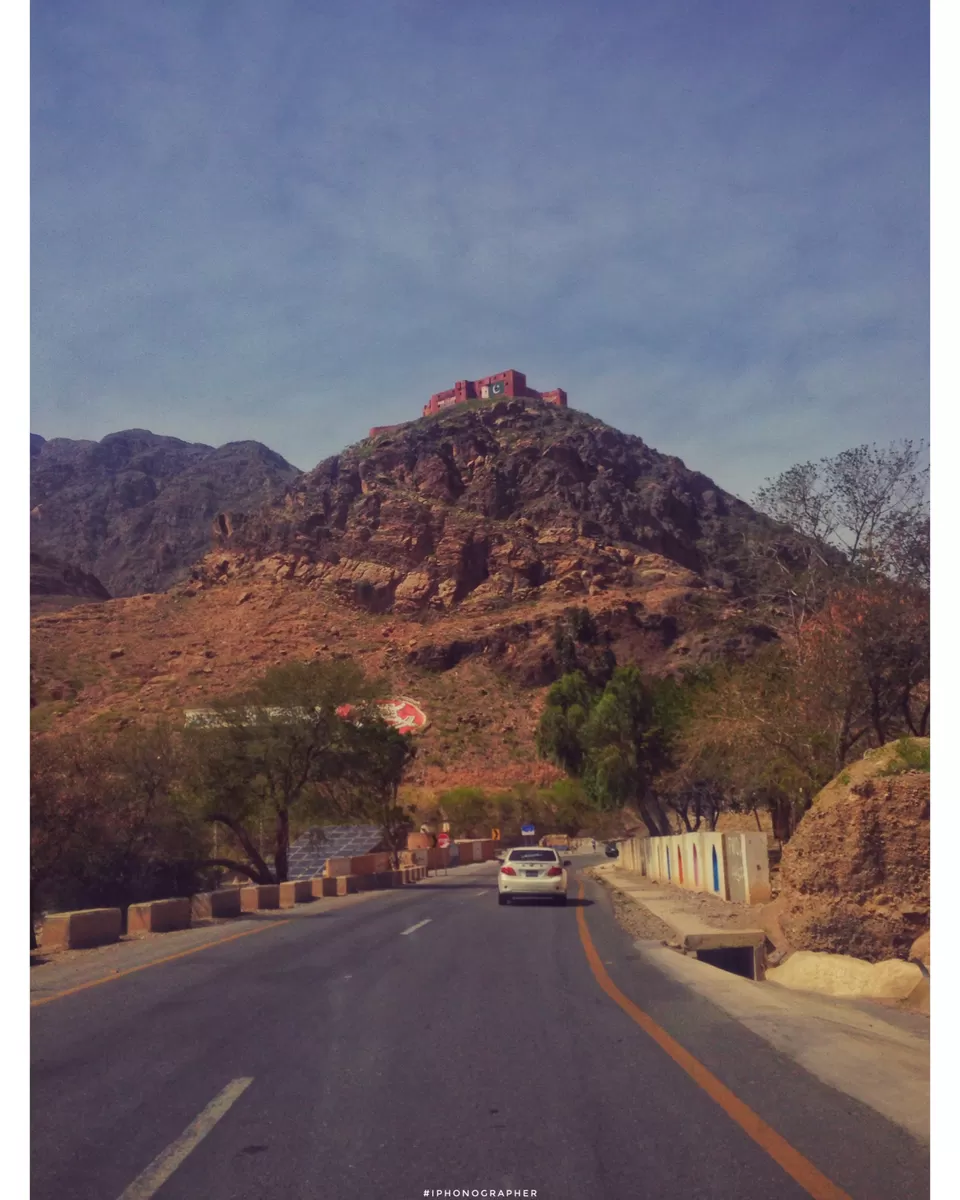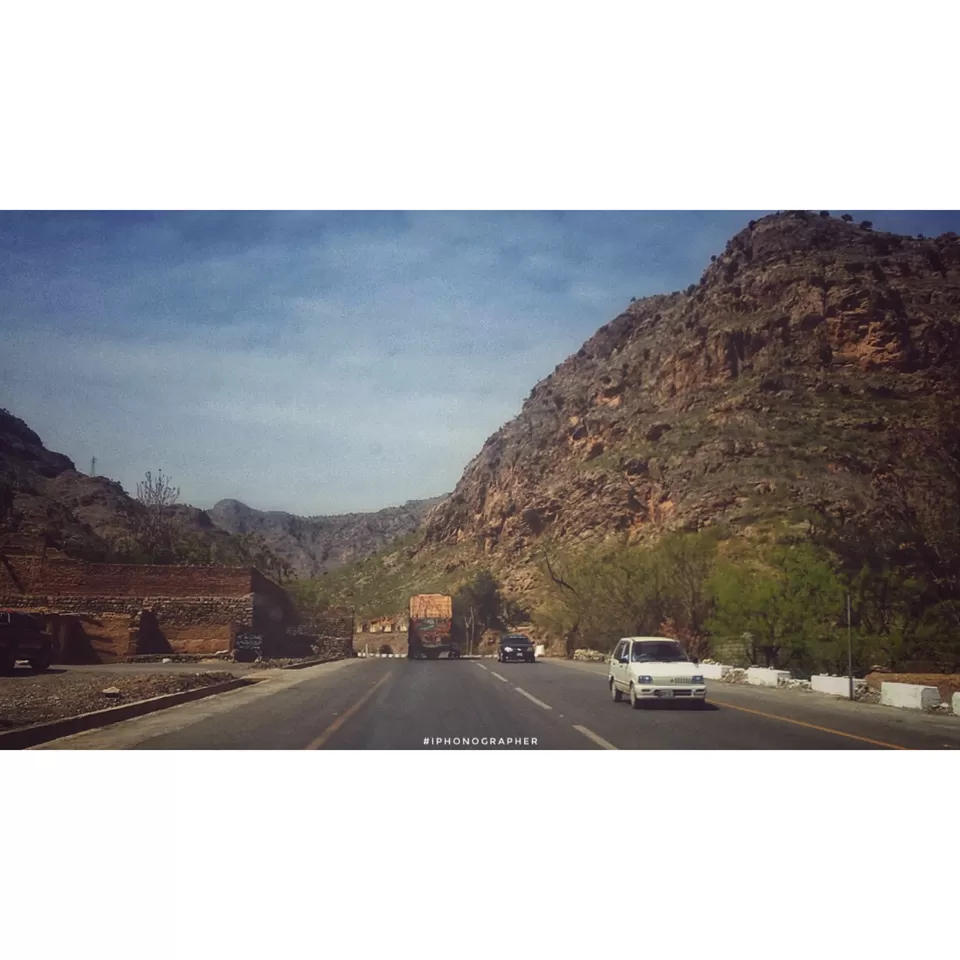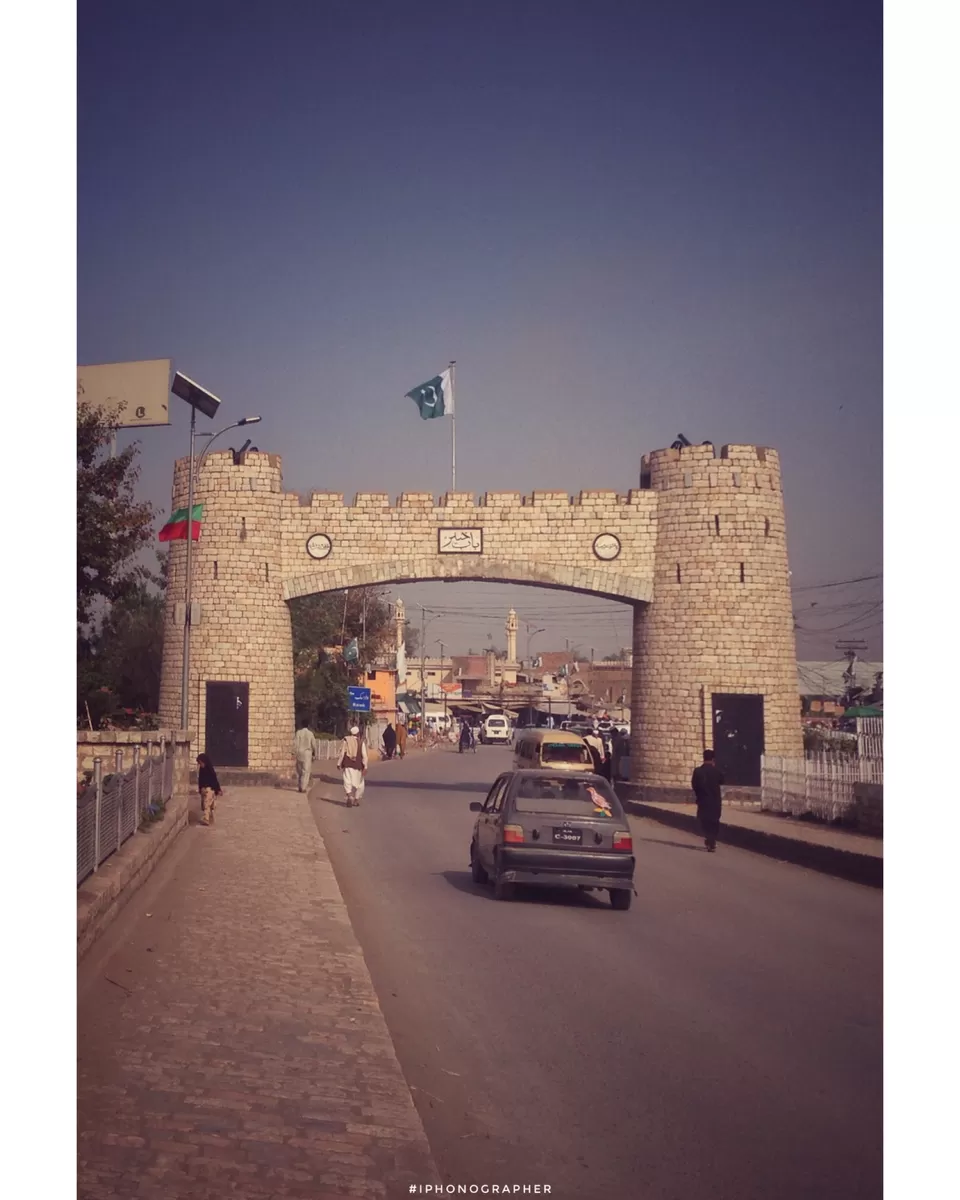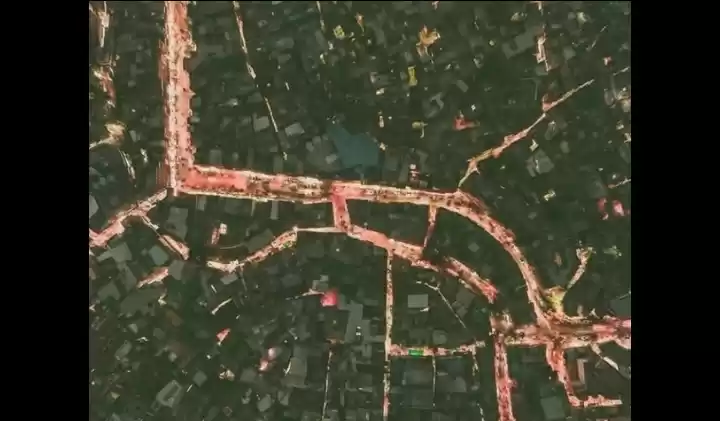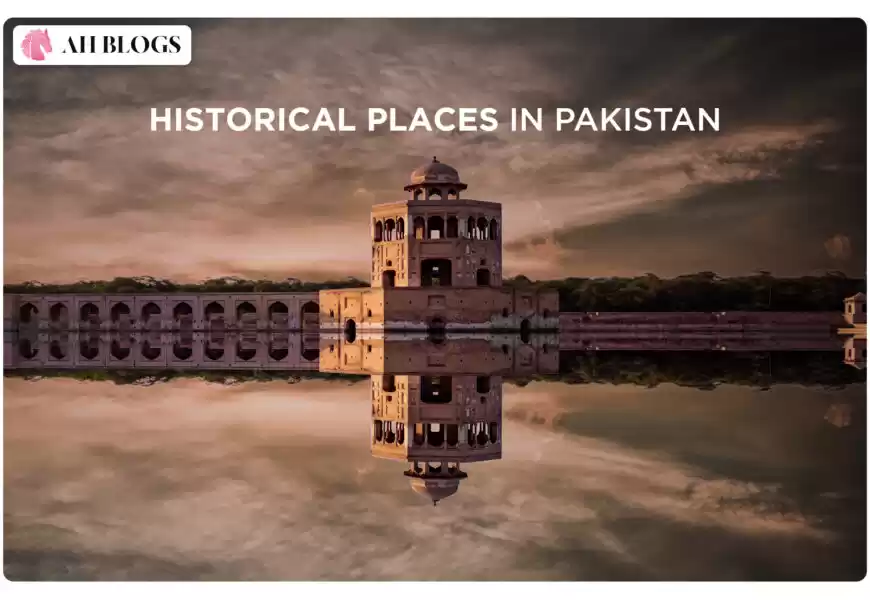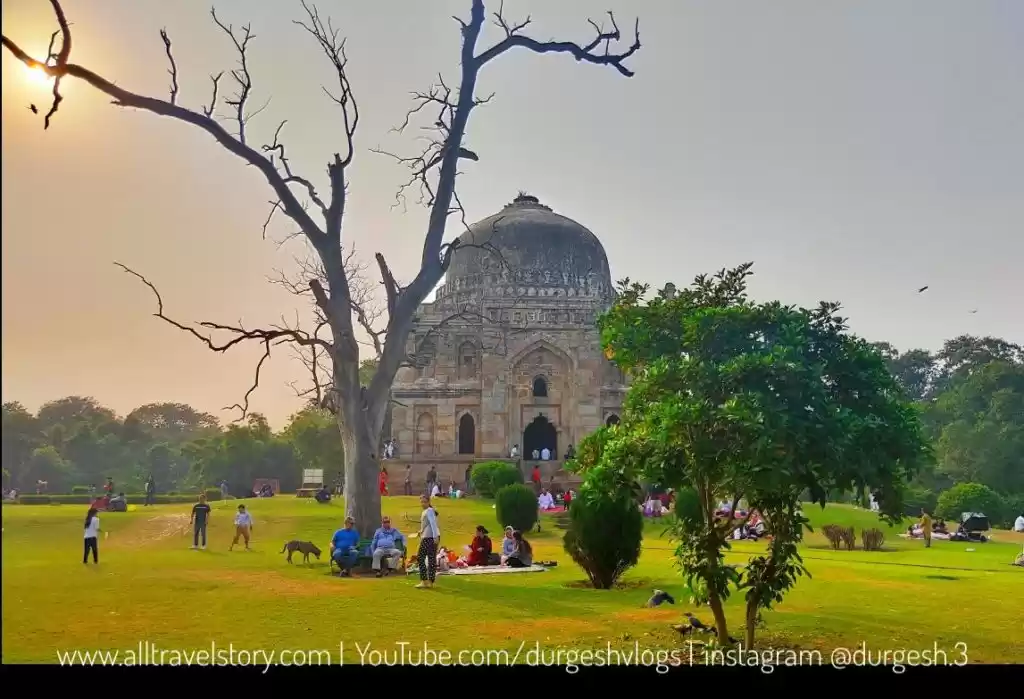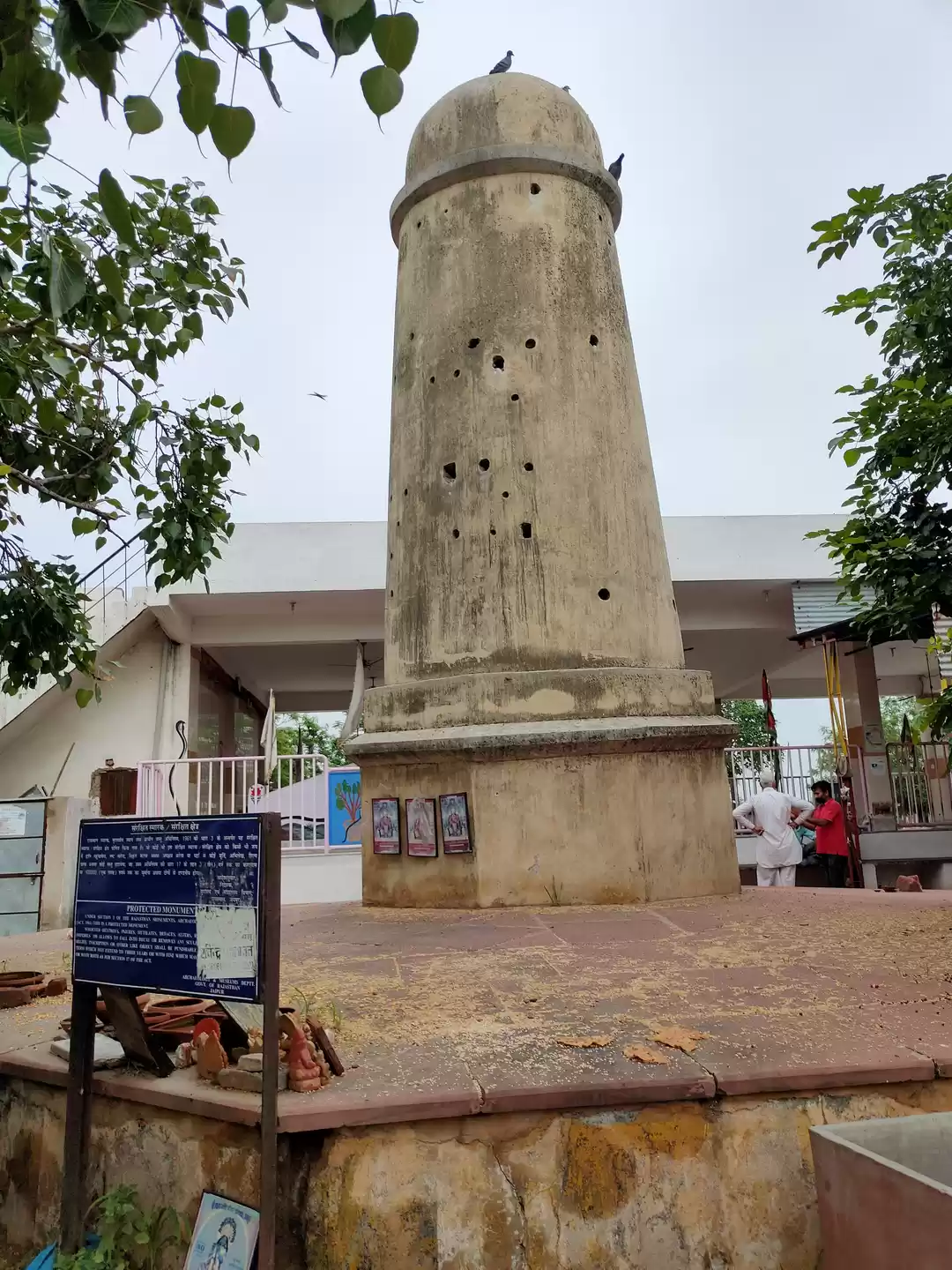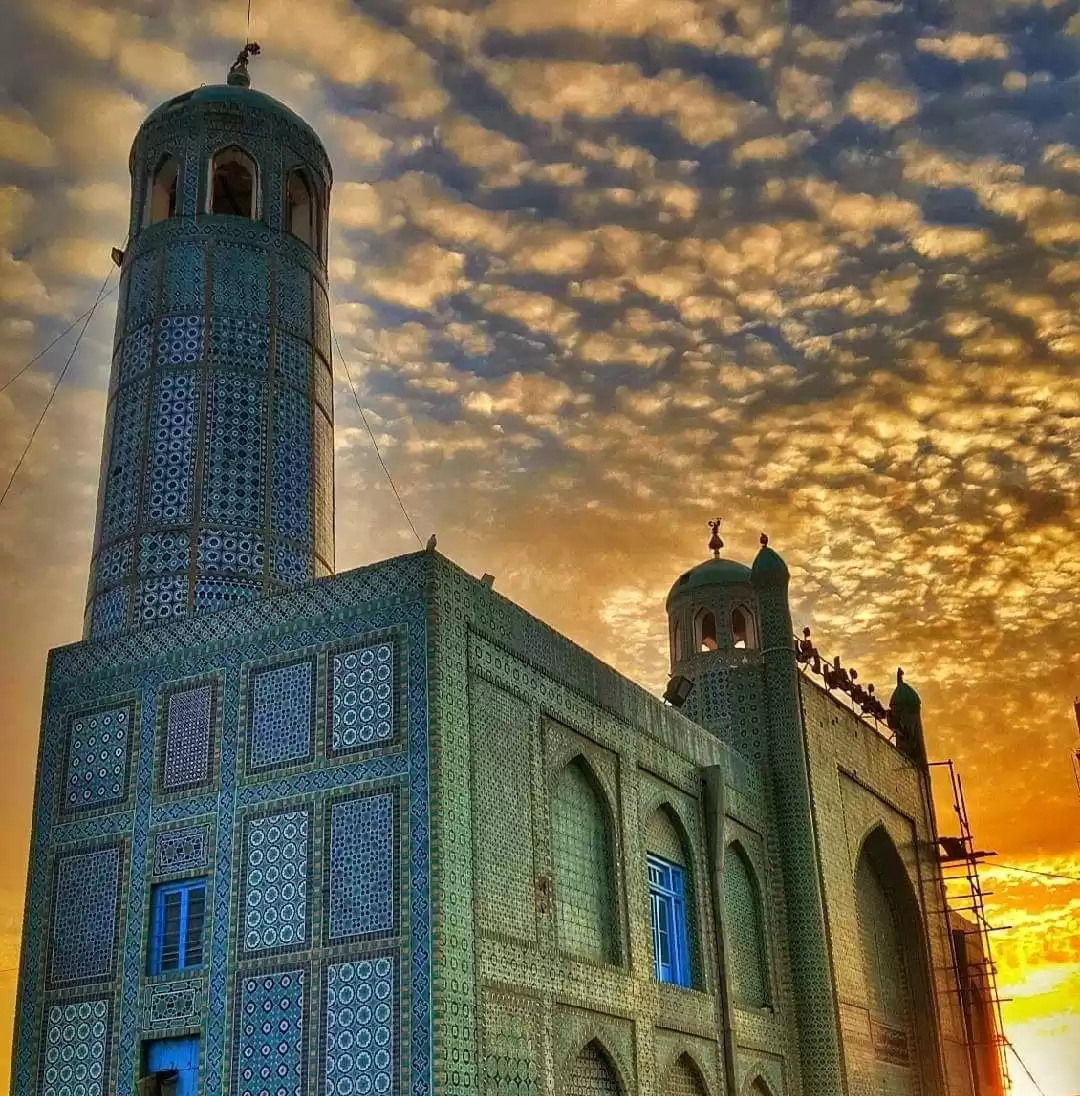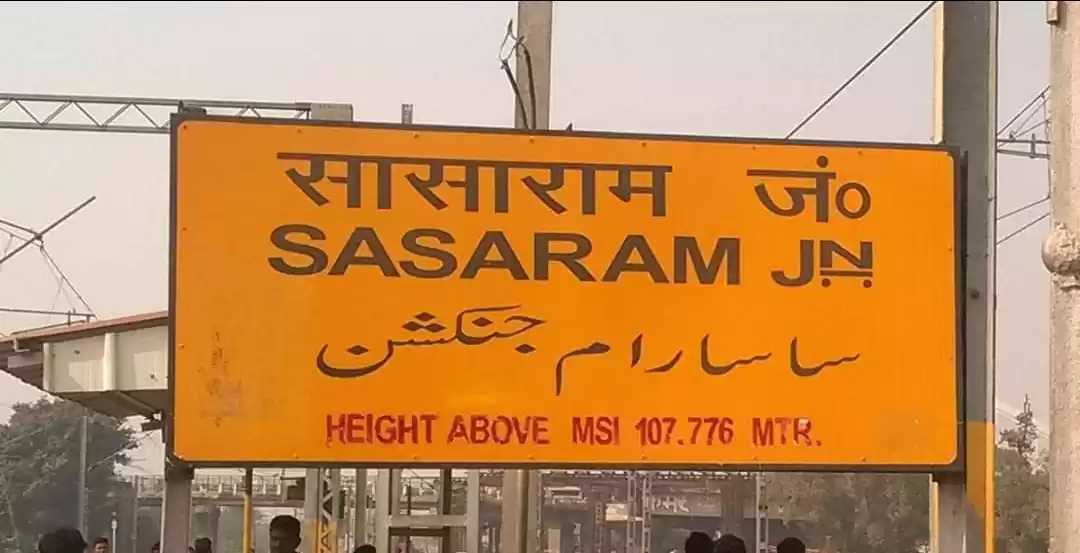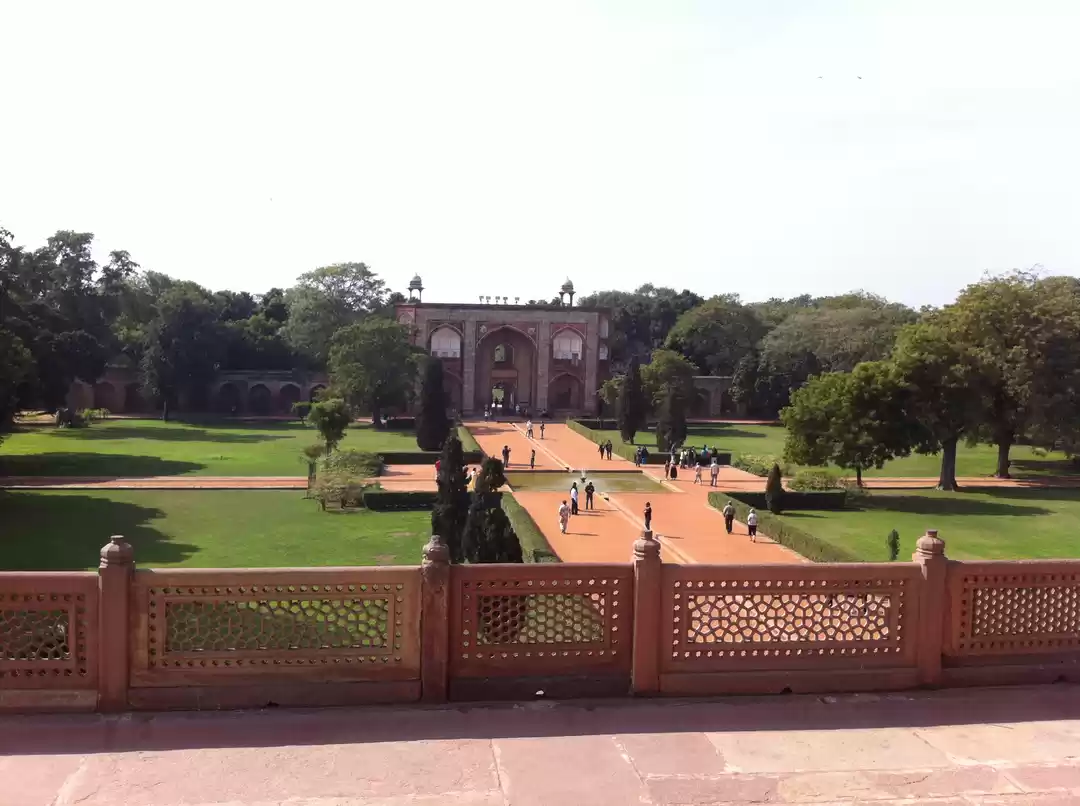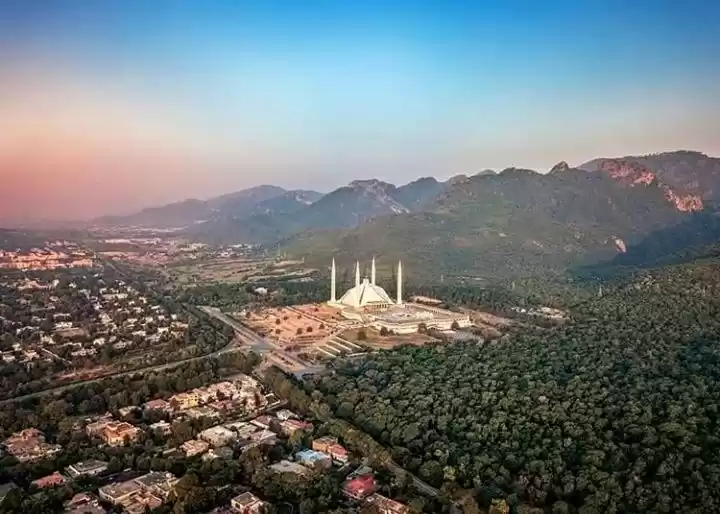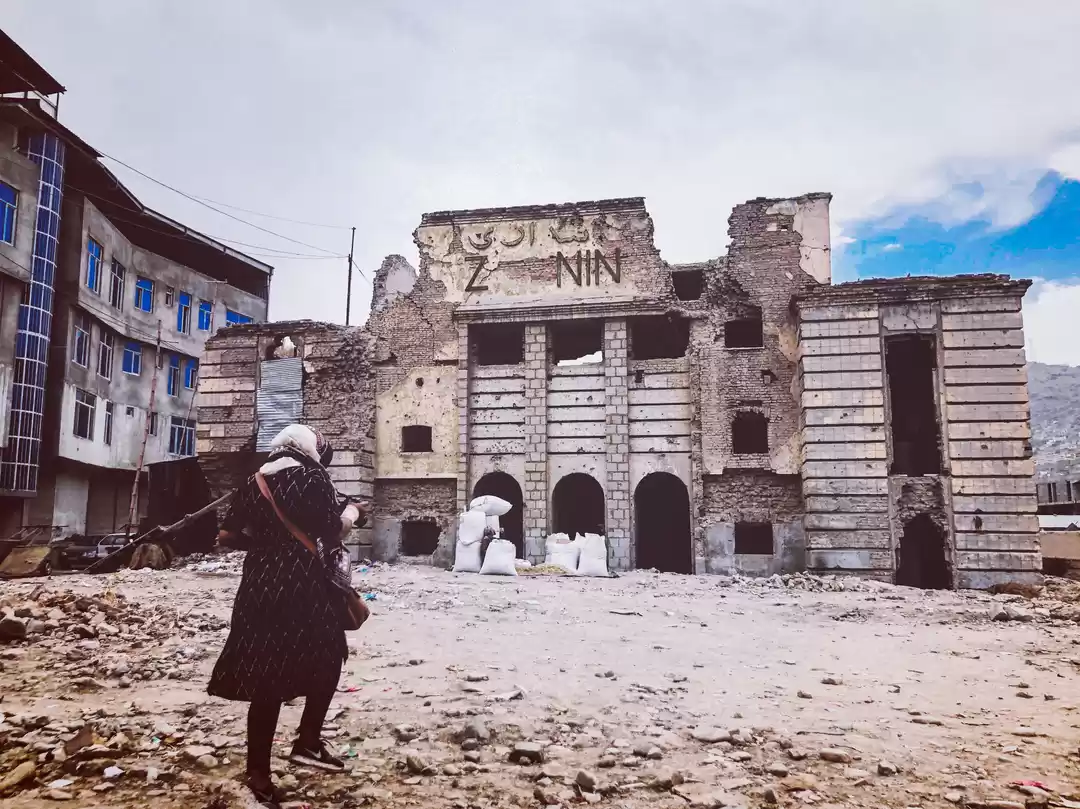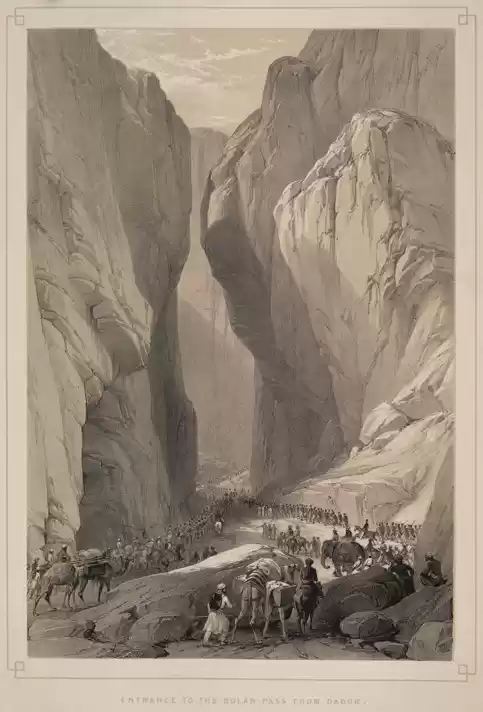
Torkham (Urdu, Persian, and Pashto: تورخم Tūrkham) is city and a major border crossing between Pakistan and Afghanistan, located on the Torkham crossing line. It connects Nangarhar province of Afghanistan with Pakistan's Federally Administered Tribal Areas (FATA) and Khyber Pakhtunkhwa. It is the busiest port of entry between the two countries, serving as a major transporting, shipping, and receiving site. Highway 7 connects Torkham to Kabul through Jalalabad. On the Pakistani side, the border crossing is at the end of the N-5 National Highway, which connects it to Peshawar in the east and further connects it to Islamabad by other routes. The Afghan Border Police and Pakistan's Frontier Corps are the main agencies for controlling Torkham
The location has been used throughout history by Afghan and Turkic caravans, including marching armies of powerful empires. Most of these were on their way to Northern India, passing through Peshawar and then Lahore. Some of the well known regional historical figures who are believed to have passed through Torkham are Chandragupta Maurya, Hsüan-tsang, Jayapala, Al-Biruni, Ibn Battuta, Babur, Humayun, Nader Shah, Ahmad Shah Durrani, Zaman Shah Durrani, Dost Mohammad Khan, and Akbar Khan.

Situated in a broad valley near the eastern end of the historic Khyber Pass, close to the border with Afghanistan, Peshawar's recorded history dates back to at least 539 BCE, making it the oldest city in Pakistan and one of the oldest in South Asia. Peshawar was the capital of the ancient Kushan Empire, and was home to what may have been the tallest building in the ancient world, the Kanishka stupa. Peshawar was then sacked by the White Huns, before the arrival of Muslim empires. The city was an important trading centre during the Mughal era before serving as the winter capital of the Afghan Durrani Empire from 1757 until the city was captured by the Sikhs in 1818, who were then followed by the British in 1849.
The city of Peshawar has a population of 1,970,042 according to the 2017 census, making it the largest city in Khyber Pakhtunkhwa and the sixth-largest in Pakistan, while Peshawar District has a population of 4,269,079. Peshawar has universities for all major disciplines ranging from Humanities, General Sciences, Sciences, Engineering, Medical, Agriculture and Management Sciences. The first public sector university, University of Peshawar (UOP) was established in October 1950 by the first Prime Minister of Pakistan. University of Engineering and Technology, Peshawar[127] was established in 1980 while Agriculture University Peshawar started working in 1981. The first private sector university CECOS University of IT and Emerging Sciences was established in 1986. Institute of Management Sciences started functioning in 1995, which become degree awarding institution in 2005.

MAIN SPOTS:
Qissa Khwani Bazaar,Kapoor Haveli Residence of Prithviraj Kapoor – famous Bollywood actor, Bala Hisar Fort, Chowk Yadgar (formerly the "Hastings Memorial"), Cunningham clock tower – built in 1900 and called "Ghanta Ghar", Gorkhatri – an ancient site of Buddha's alms or begging bowl, and the headquarters of Syed Ahmad Shaheed, Pashto Academy – the site of an ancient Buddhist university,Shahji ki Dheri – the site of the famous Kanishka stupa, Panch Tirath – an ancient Hindu site with five sacred pond, Gorkhatri – sacred site for Hindu yogis, Guru Gorkhnath temple, Aasamai temple – near Lady Reading Hospital (LRH), Sikh Gurudwara at Jogan Shah, Wazir Bagh – laid in 1802, by Fatteh Khan, Prime Minister of Shah Mahmud Khan, Mohabbat Khan Mosque, Qasim Ali Khan Mosquee
FOODS:
Pashtun cuisine (Pashto: پښتني خواړه) refers to the cuisine of the Pashtuns, who are predominant in eastern Afghanistan and western Pakistan. The cuisine of the Pashtun people is covered under Afghan cuisine and Pakistani cuisine, and is largely based on cereals like wheat, maize, barley and rice as well as a plethora of meat dishes that includes lamb, beef, chicken, and fresh fish. Accompanying these staples are also dairy products (yogurt, whey, cheeses), including various nuts, locally grown vegetables, as well as fresh and dried fruits. Cities such as Peshawar, Jalalabad, Kabul, Quetta and Kandahar are known for being the centers of Pashtun cuisine.
Kabuli pulao
Pekhteh/Peshteh (beef/mutton ribs)
naray ghwakha (mutton dish)
Chopan Kabob (lamb chops, skewered and grilled on charcoal)
Seekh Kebab (beef/mutton/chicken)
Chapli kebab
Shinwari tikka, roasted lamb
Londei, (spiced lamb jerky cooked with rice)
Shorwa (soupe)
Aush (hand made noodles)


OLD PESHAWAR:
well sethi muhalla has got the legacy of traditional foods and architect












